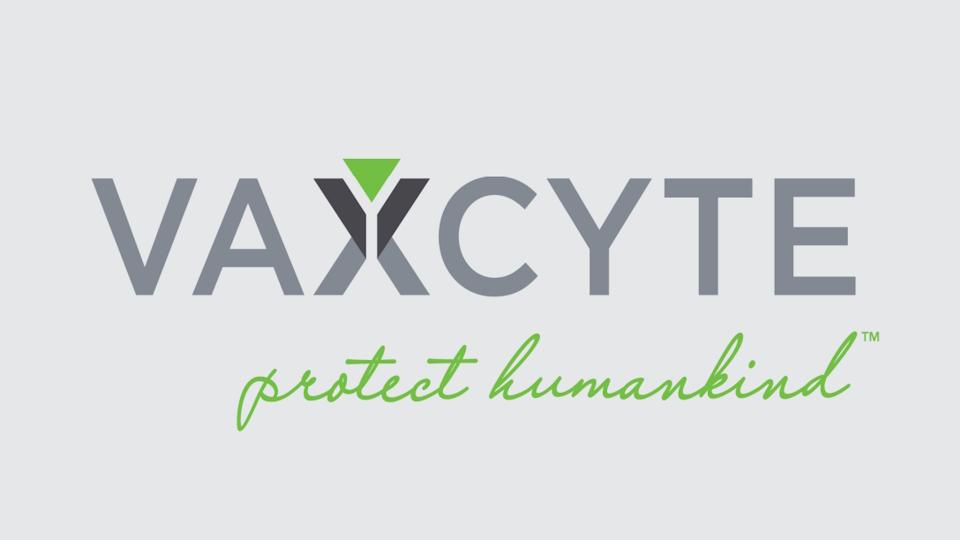Vaxcyte's pneumococcal vaccine win points to Prevnar battle

Vaxcyte's new pneumococcal vaccine may only have phase 1/2 results behind it, but analysts are already predicting it could be a major competitor to rival shots from Pfizer and MSD.
Just-reported data from that study has shown that Vaxcyte's VAX-31 shot was able to stimulate a strong immune response against all 31 serotypes of Streptococcus pneumoniae included in the formulation, in adults aged 50 and over.
It had a safety profile similar to Pfizer's market-leading Prevnar 20, which targets 20 common serotypes, but at the highest dose tested generated stronger protection on 18 out of 20 of them – and for seven serotypes that improvement was statistically significant.
Shares in Vaxcyte shot up by more than a third after the results were announced as the company said it would move ahead next year with a phase 3 programme for VAX-31 in older adults that will also compare the shot with Prevnar 20. A phase 2 study in children will also start early in 2025.
Buoyed by the new data, Vaxcyte – which had almost $1.9 billion in cash at the end of the second quarter – promptly announced plans for a $1 billion public offering to help fund its phase 3 trials.
Pfizer has been the undisputed leader in the pneumococcal vaccine market for years, gradually adding new versions of Prevnar that expand the number of serotypes covered, but analysts think that position is now under threat.
The franchise brought in $6.4 billion in worldwide sales last year, although MSD (known as Merck & Co in the US and Canada) has started to claim market share with Vaxneuvance, which covers 15 serotypes and made sales of $665 million in 2023. In June, MSD got FDA approval for a 21-valent vaccine, called Capvaxive, which is the first jab approved for the over-50s category.
At the moment, pneumococcal vaccination is recommended for the 65 and over age bracket in the US, although – following the Capvaxive approval – the CDC's Advisory Committee on Immunisation Practices (ACIP) is considering lowering the age threshold to 50.
Analysts at Leerink said the profile exhibited by Vaxcyte's vaccine could – if backed up in phase 3 – allow it to claim a "majority share" in a pneumococcal vaccine market they anticipate will be worth more than $10 billion from 2030 onwards.
The company said VAX-31 has the potential to become the first vaccine in the class to combine protection against both currently circulating and historically prevalent serotypes of S pneumoniae, which causes more than 150,000 cases of pneumonia requiring hospitalisation in the US every year and 300,000 deaths in children worldwide.
The pathogen is listed by the WHO and CDC among the most threatening pathogens due to rising levels of antibiotic resistance.
There are around 100 different pneumococcal serotypes, causing non-invasive disease like pneumonia, confined to the lungs, and invasive disease, where the infection can spread to the bloodstream or tissues in the central nervous system.
Vaxcyte said its vaccine covers serotypes involved in around 95% of invasive pneumonia disease (IPD) cases in adults 50 and older in the US. It expects the pneumococcal vaccine market to reach a value of around $13 billion by 2027, driven primarily by growth in the adult market.
"The public health community continues to highlight the need for broader-protection vaccines to prevent IPD, which is associated with high case-fatality rates, antibiotic resistance, and meningitis," said Vaxcyte's chief operating officer, Jim Wassil.
VAX-31 has the potential to be "a best-in-class pneumococcal vaccine capable of raising the bar for immunogenicity standards," he added.
The company is also developing a 24-valent pneumococcal vaccine, VAX-24, which is in a phase 2 study in paediatric patients, with results due in the first quarter of 2025.











